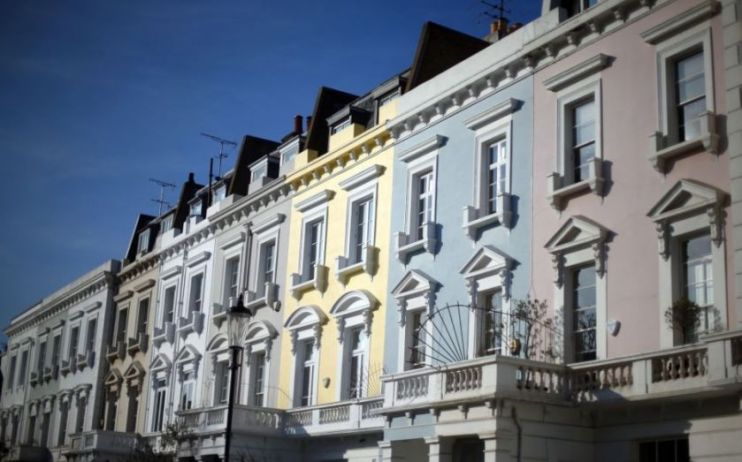UK house prices go in reverse as market enters ‘new normal’

House prices have entered a ‘new normal’ after dropping 1.1 per cent between the end of the stamp duty holiday in September and October of this year.
However, prices are 10.2 per cent higher year on year, marking the third month where annual growth has hit double figures. Year-over-year growth dropped from 12.3 per cent in September.
After a buying frenzy over the summer and into the early autumn, real estate experts said today’s figures from the Office for National Statistics (ONS) signify a “new normal”.
Jeremy Leaf, north London estate agent and a former RICS residential chairman, said the latest house prices index showed “reduced but still determined demand, along with an expectation of improvement in supply”.
Economists have forecast that prices will flatten off in the first half of next year.
Prices have typically “struggled” when CPI inflation has been high, Samuel Tombs, chief UK economist at Pantheon Macroeconomics, said.
Inflation leaped to 5.1 per cent in November, up from 4.2 per cent in October, thanks to soaring prices in transport and retail.
“The sub-par level of consumers’ confidence suggests many households will hold back from committing to an onerous schedule of mortgage repayments,” Tombs added.
Higher mortgage rates and a “squeeze” on households’ real disposable incomes from rising inflation and taxes is expected to “subdue” the market next year, the economist added.
The average UK house price was £268,000 in October, up by £24,000 than the same time last year. For England, the average price was £285,000.
Once more, London was the region with the lowest annual price growth at 6.2 per cent, well under England’s average increase of 9.8 per cent.
Detached properties were the driving force of growth, increasing in price 14 per cent in the year to October, compared with 6.6 per cent for flats.
“This makes sense from a demand perspective: lockdowns and working from home have emphasised the need for space and comfort,” Anna Clare Harper, chief executive of property consultancy SPI Capital, said.
The housing market has been battling historically low levels of stock, in particular houses, which has pushed up prices.
“The supply shortage is unlikely to reverse any time soon due to higher costs of materials and labour, a backlog of planning applications and a growing burden of rules and regulations for property developers to contend with,” added Harper.